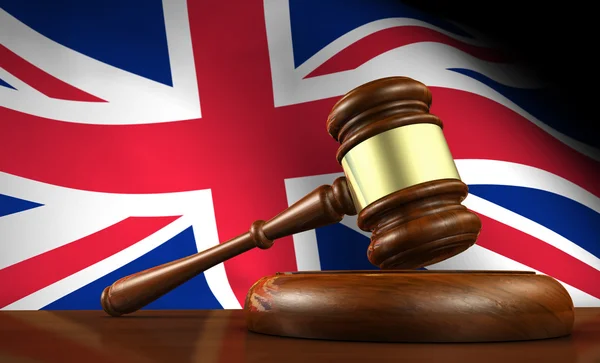Throughout history there have been several court rulings that have had a profound impact on the justice system and society as a whole in the United Kingdom. These landmark judgments, by offering interpretations of the law continue to exert their influence centuries later.
One notable case is the trial of William Penn and William Mead in 1670. Although they were charged with assembly the jury defied pressure from the judge and refused to convict them. This led to a recognition; juries must be free to reach verdicts based on their conscience without being coerced by the court. This ruling solidified the independence of juries within English law.
In 1932 there was a groundbreaking case known as Donoghue v Stevenson. The lawsuit arose when Ms Donoghue discovered a decomposed snail in her bottle of ginger beer and decided to sue its manufacturer. The House of Lords ultimately ruled that producers are responsible for ensuring consumer safety without a contractual relationship. This ruling laid down the foundation for negligence laws across common law jurisdictions.

A recent precedent was established in 2000 with Bland, v The Queen. This case involved a man who was left in a state and kept alive by medical professionals.
In a ruling the House of Lords determined that it is legally permissible to discontinue life prolonging treatment establishing guidelines, for end of life care.
A notable example of this impact can be seen in the 2020 R v Sally Challen case. Here a woman’s murder conviction was overturned due to evidence of control by her husband. This landmark decision has led to increased recognition of physical domestic abuse within the legal system according to advocates.
These groundbreaking cases demonstrate how court judgments not reflect events but also shape the future application of laws. They have redefined rights and responsibilities under law in areas such, as civil liberties and consumer rights. Their influence remains significant today.
